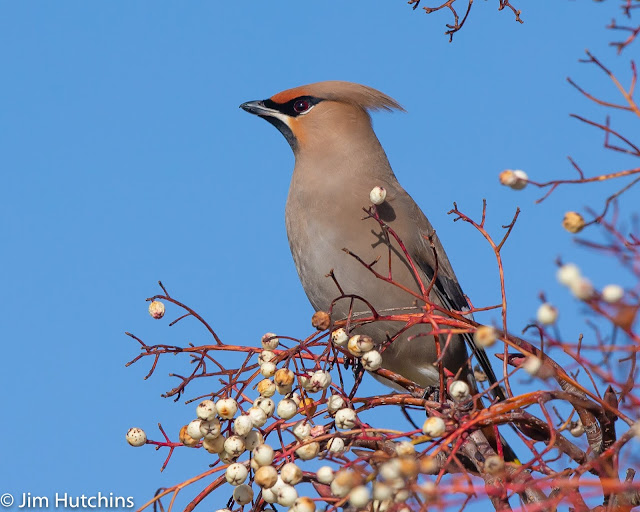For those of us old enough to remember the seventies when music was good, and I mean very very good, Free were a cracking rock band who had a big hit single called “alright now”.
Click here to see Free perform their seminal single at the Isle of Wright
Yes kids your modern music really is sh*t! Hold on, oh crap, I think I can remember my dear old mum saying this to me around 1970!
Now the title actual refers to the fact that as of Sunday 1st March following a seven year ramp down, and at the ripe old age of sixty four, I’m finally fully retired. Saturday was the last day of my last working contract which was with the UK atomic energy authority originally as a non-executive director and more recently as an advisor to the board. UKAE are developing fusion as a green zero carbon energy source. It’s the process that fuels the sun and is quite different from fission, the process that powers our existing nuclear power generation. Perhaps more on this at a later date.
Having watched my beloved seagulls loose at home to our arch rivals crystal palace on Saturday, hence moving us another seemingly inevitable step towards relegation, I was in need to cheering up. My good birding buddy Nick, click here to read his excellent blog, messaged me to say he was photographing a very confiding Waxwing only some forty miles from home near Evesham. On checking my records I found that I had not seen a Waxwing since the winter of 2017 so another encounter with this gorgeous occasional winter migrant was very long overdue.
So on Sunday I set sail for Blackminster just outside of Evesham where the Waxwing had been feeding on a white berried Rowan, its favoured winter food in the UK, next to a level crossing. Waxwings are said to be driven south to the UK in winter when berries are scarce in Scandinavia. We hence occasionally have Waxwing winters when quite large flocks can be found gorging on berries. While there have been a few quite large flocks in Scotland and northern England this winter, very few have made it this far south. It is actually getting quite late for Waxwings now and, to be honest, I’d pretty much given up on seeing one this year.
Now Collins, the birdwatcher's bible, describes UK wintering Waxwings thus “..remains alert and rather nervous, retreating to higher treetops at first sign of disturbance .. “. Well this little chap had certainly not read the script before it went on stage as it was incredible confiding. When I arrived another birder attempted to point the Waxwing out to me and I looked in the trees some twenty meters away only for the friendly birder to correct me and point out in was in the tree we were standing next to about two meters away! For sixty minutes it sat in this small Rowan tree gorging on the berries completely unfazed by the busy adjacent road with lorries making a terrible racket as they drove over the level crossing and the occasionally train roaring past just a few meters away. I guess it was then well and truly bloated as it flew off to digest its huge meal in another tree across the railway line.
At this point it started to rain so I retired to a nearby café recommended to me by Nick for a heartening bowl of soup accompanied by half a sandwich. The latter was more akin to a loaf cut in half stuffed full of cheese and tomato relish. Still, I sacrificed my waistline and eat it all, it would have just been plain rude not to!
On Tuesday I attempted to see another very confiding bird just forty or so miles away near Northampton. This was a Black-bellied Dipper, a continental subspecies of our own (brown bellied) Dipper. Sadly it was nowhere to be seen and hence constituted my first major dip of the year, and yes, ok let’s say it – I dipped the dipper!
Local birding remains very problematic with my favoured Langley Lane hide at pit 60 still cut off by flood water which shows no real sign of abating and the less favourable, at least for photography, north hide just about accessible with great care in stout wellies. Mick has recently relocated the over-wintering drake Garganey in the flooded reeds opposite the north hide. It has now moulted into its very attractive summer plumage. I had a quick look for it on Tuesday afternoon without success but must try again soon!





Thanks for the plug Jim! Unlucky with the dipper, there'll always be another and you have the time now, you lucky man.
ReplyDelete